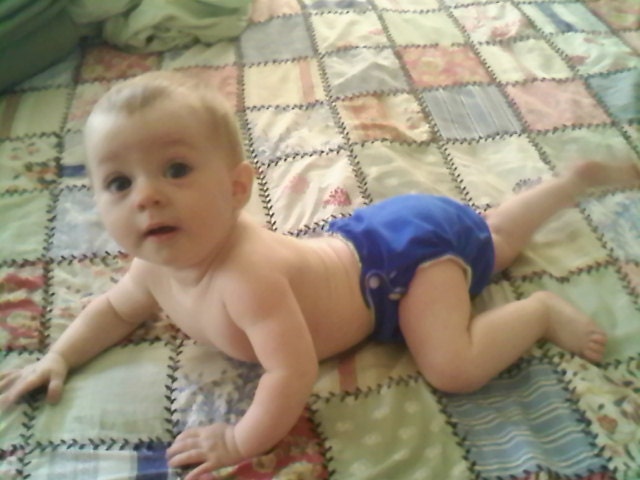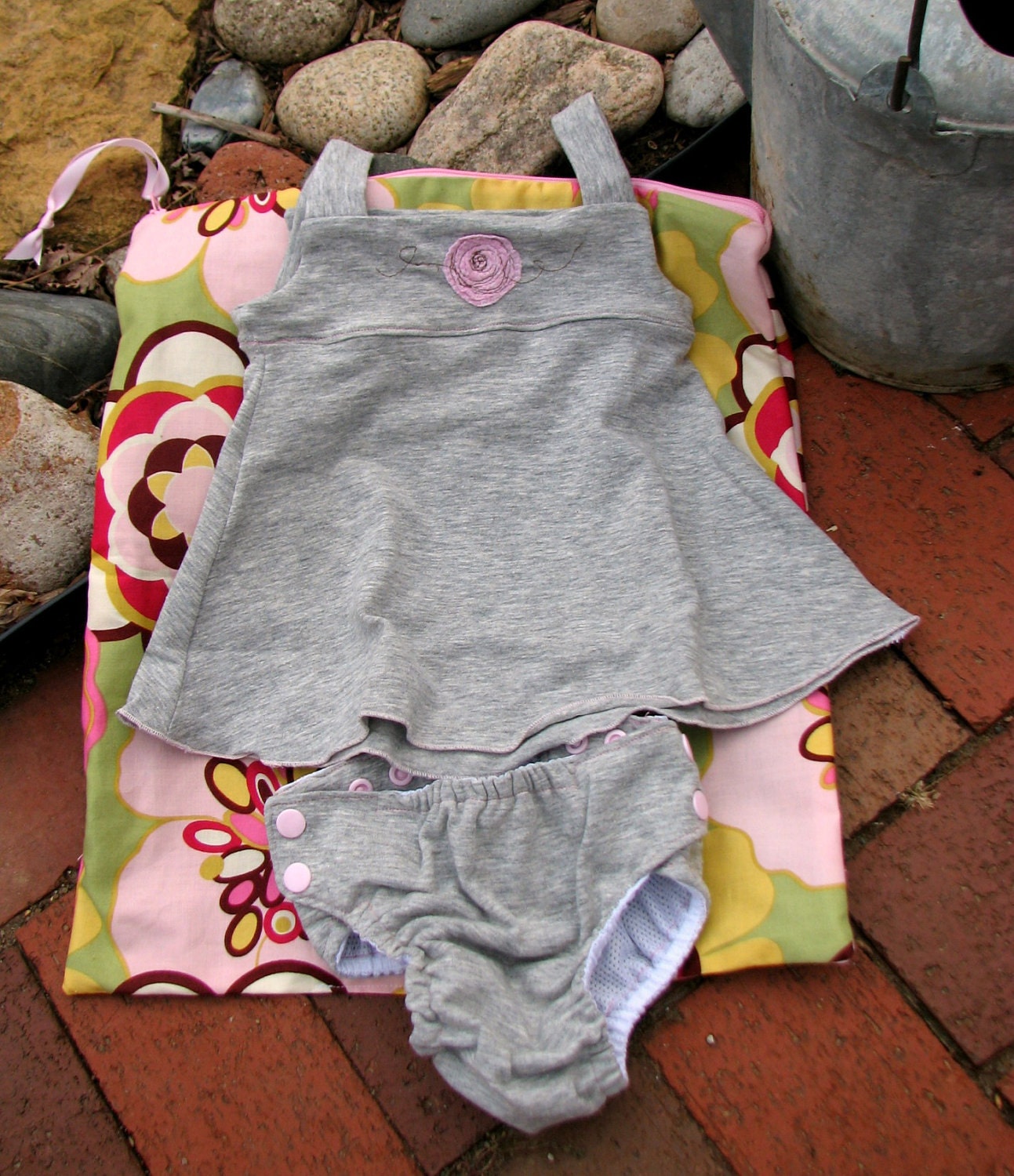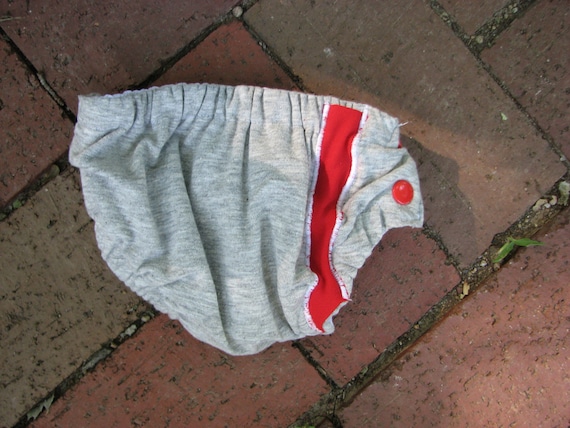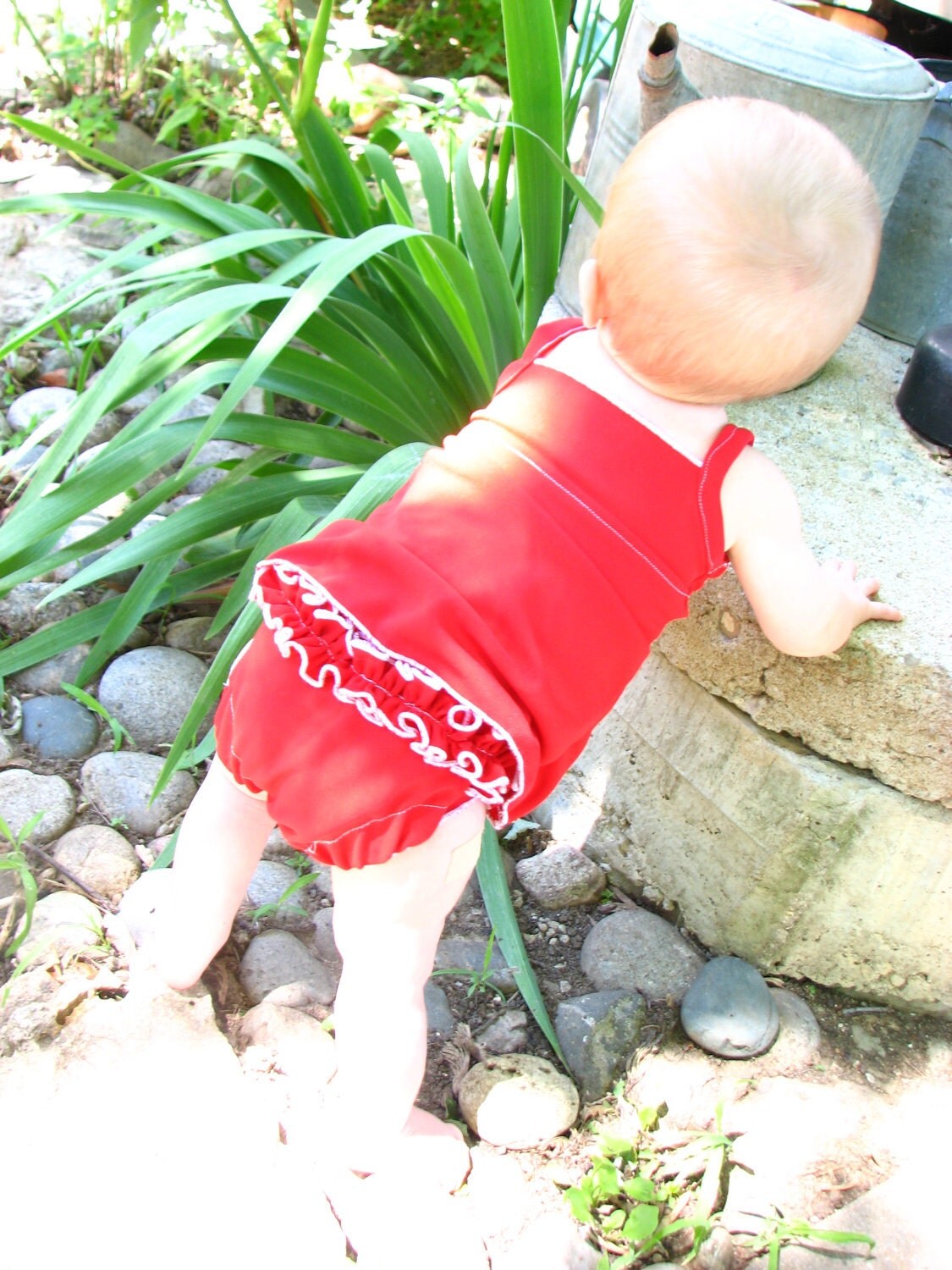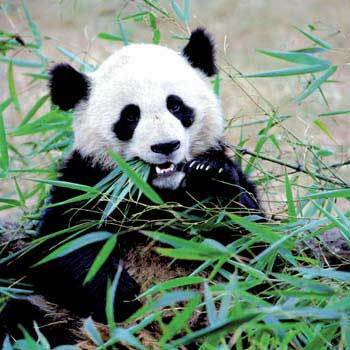I have been getting my spring cloth diaper swim suit line together for this spring, and I have already had lots of inquiries for custom suits. I thought it would be helpful to give some instruction on measuring your baby for the best fit. Full measurements are for girls suits with matching top. For boys just measure the bottoms. List all measurements for me when you order. I will work with you to get the best fitting suit possible and with adjustable snaps you should have some room to grow and adjust through out the summer. Happy measuring. You can see a few of my finished suits below...Click HERE to SHOP!
Lil' Stuff ~ Simple living, Natural Mothering, and living an Organic Eco-Friendly Lifestyle.
Monday, January 30, 2012
Cloth Diaper Swim Suits
Well, it is about that time when we start thinking of spring and nicer weather....summer and fun. Pools, swimming lessons, lazy days at the beach.....
I have been getting my spring cloth diaper swim suit line together for this spring, and I have already had lots of inquiries for custom suits. I thought it would be helpful to give some instruction on measuring your baby for the best fit. Full measurements are for girls suits with matching top. For boys just measure the bottoms. List all measurements for me when you order. I will work with you to get the best fitting suit possible and with adjustable snaps you should have some room to grow and adjust through out the summer. Happy measuring. You can see a few of my finished suits below...Click HERE to SHOP!
I have been getting my spring cloth diaper swim suit line together for this spring, and I have already had lots of inquiries for custom suits. I thought it would be helpful to give some instruction on measuring your baby for the best fit. Full measurements are for girls suits with matching top. For boys just measure the bottoms. List all measurements for me when you order. I will work with you to get the best fitting suit possible and with adjustable snaps you should have some room to grow and adjust through out the summer. Happy measuring. You can see a few of my finished suits below...Click HERE to SHOP!
Saturday, January 14, 2012
Bamboo: Pros and Cons
Bamboo; soft squishy and wonderful, or environmental hazard?
Bamboo, it conjures up images of deep green forests in the interior of China, with perhaps a chance to glimpse a panda bear as one wanders through its' reedy depths...For me it always reminds me of my brothers back yard, as they had a huge patch of bamboo they used as a privacy screen and fence. This amazing weed like plant (grass actually) has so many uses; building materials, flooring, food, not to mention the countless wind chimes and souvenirs made form its hollow tubes. The squish-ably soft fabric that comes from this plant is my focus today. I want to present you BRIEFLY :) with a few of the pros and cons and offer you some links to further research; as with everything you must decide for yourself if it is right for you!
PROS- It is fast growing (up to a yard a day in some species) which makes it a rapidly renewable resource.
- It seems to be disease and pest resistant overall.
- As it is considered a weed like plant, it grows easily and does not require great amounts of fertilizer
- Bamboo is naturally anti-bacterial and anti-fungal supposedly because of a bacteriostatis agent unique to bamboo plants called “bamboo kun” which also helps bamboo resist harboring odors.
- Bamboo clothing is hypoallergenic.
- Bamboo is very absorbent and wicks moisture away from the body 3 to 4 times faster than cotton alone. In warm, humid weather it keep the wearer drier, cooler and doesn’t stick to the skin...A big plus for diapers.
- Bamboo fabric, regardless of manufacturing methods, is 100% biodegradable and does not decompose into any pollutants such as methane gas.
- Currently, there are no known genetically modified organisms (GMO) variants of bamboo.
CONS- Most bamboo processing methods require hazardous chemicals such as sodium hydroxide (NaOH – also known as caustic soda or lye) and carbon disulfide in a process also known as hydrolysis alkalization combined with multi-phase bleaching.
- While you can purchase fabrics with assurances that these chemicals are not in the final product, (See “Oeko Tex Standard 100" certification) at what cost to the worker and the environment is this fabric produced?
- Most bamboo products come from China, and in an America where there is a push to “buy American” to boost our struggling economy, maybe boosting China’s economy is not desirable.
Bamboo; soft squishy and wonderful, or environmental hazard?
Bamboo, it conjures up images of deep green forests in the interior of China, with perhaps a chance to glimpse a panda bear as one wanders through its' reedy depths...For me it always reminds me of my brothers back yard, as they had a huge patch of bamboo they used as a privacy screen and fence. This amazing weed like plant (grass actually) has so many uses; building materials, flooring, food, not to mention the countless wind chimes and souvenirs made form its hollow tubes. The squish-ably soft fabric that comes from this plant is my focus today. I want to present you BRIEFLY :) with a few of the pros and cons and offer you some links to further research; as with everything you must decide for yourself if it is right for you!
PROS
- It is fast growing (up to a yard a day in some species) which makes it a rapidly renewable resource.
- It seems to be disease and pest resistant overall.
- As it is considered a weed like plant, it grows easily and does not require great amounts of fertilizer
- Bamboo is naturally anti-bacterial and anti-fungal supposedly because of a bacteriostatis agent unique to bamboo plants called “bamboo kun” which also helps bamboo resist harboring odors.
- Bamboo clothing is hypoallergenic.
- Bamboo is very absorbent and wicks moisture away from the body 3 to 4 times faster than cotton alone. In warm, humid weather it keep the wearer drier, cooler and doesn’t stick to the skin...A big plus for diapers.
- Bamboo fabric, regardless of manufacturing methods, is 100% biodegradable and does not decompose into any pollutants such as methane gas.
- Currently, there are no known genetically modified organisms (GMO) variants of bamboo.
- Most bamboo processing methods require hazardous chemicals such as sodium hydroxide (NaOH – also known as caustic soda or lye) and carbon disulfide in a process also known as hydrolysis alkalization combined with multi-phase bleaching.
- While you can purchase fabrics with assurances that these chemicals are not in the final product, (See “Oeko Tex Standard 100" certification) at what cost to the worker and the environment is this fabric produced?
- Most bamboo products come from China, and in an America where there is a push to “buy American” to boost our struggling economy, maybe boosting China’s economy is not desirable.
What is the bottom line, and what should I do to know my fabric is safe for my babies?
The bottom line on bamboo: The growing of bamboo is environmentally friendly but the manufacturing of bamboo into fabric definitely has some environmental and health concerns. While there are methods that are less hazardous, or use more of a closed chemical loop, they are expensive and not as commonly used. There is a large list of benefits of bamboo as a fabric, but you the consumer have to decide if the benefits outweigh some of the serious hazards.
What to do? If you are thinking of purchasing bamboo clothing or any clothing that has been made outside the U.S., look for certification from an independent and reliable certification company such as Oeko-Tex, Soil Association, SKAL, KRAV or similar organic or sustainable certification body. Currently, the Oeko-Tex label is the most comprehensive label for insuring that the garment is healthy for consumers but it does not certify the manufacturing processes that produced the garment as being environmentally friendly and sustainable.
Although planting and harvesting bamboo may not impact the environment negatively, the handling of it certainly can. In six years there has been little done to ensure that it’s safe for handlers or the people that manufacture it. There is still lots of room for improvement and debate of bamboo.
For myself, I love the soft silky feel of the bamboo fleece that I have used in diapers and wipes. What I have purchased has been certified organic, but I don’t honestly know if it is certified chemical free, you would think these two would go hand in hand, but they don’t. If I choose to carry a line of bamboo wipes, or any other product made from bamboo, I am going to spend time investigating where it comes from and how it is processed. I don’t think I can sell it in good conscience unless I know a few specific details. Click on some of the links below and research for yourself what is best for your family.
Sources for this article:
Organic Clothing Blogs
Natural News
Mother Earth News
Green Building Elements
Tuesday, January 10, 2012
Saturday, January 7, 2012
Fabric Matters...
Happy New Year to you and yours. I hope this year will be blessed one for all. In an effort to re-evaluate why I prefer organic, natural and sustainable materials, I am going to take a few days to post about the fabric choices we use for cloth diapers, wipes, and our clothes in general. I think it is important to understand the why behind our choices, and be able to evaluate which areas it is worth spending the extra money for organic, and where it is not that important.
Lil Stuff was founded on the desire to create cloth diapering accessories that are not only pretty to look at and use, but are made with high quality elements that are safe and as natural as possible. Several of the fabrics and yarns are also made from things that are sustainable and eco-friendly like hemp, bamboo and wool.
Today I want to talk about HEMP because it is what I use most in my products that touch the skin. One of the most valuable parts of the hemp plant is the fiber, commonly referred to as "bast,” meaning that it grows as a stalk from the ground. Other fibers such as sisal, manila hemp and jute are mistakenly referred to as, hemp, yet only Cannabis sativa is considered "true hemp." The growing of hemp does not require the use of pesticides, therefore it may or may not contain the organic lable. Among the characteristics of hemp fiber are its superior strength and durability, and its stunning resistance to rot. Hemp fiber contains a low amount of lignin, the organic glue that binds plant cells, which allows for environmentally friendly bleaching without the use of chlorine. In composite form, hemp is twice as strong as wood. All products made with hemp fiber are biodegradable.
I use a hemp fleece that is blended with conventional cotton- it is a 55% hemp and 45% cotton blend knit made from certified organic cotton. Hemp is a great fabric for diapers, wipes or nursing pads as it is highly absorbent, naturally antimicrobial, and is quite durable wash after wash. The fleece is smooth on one side and brushed on the other just like your favorite sweatshirt. Stays soft wash after wash. I use and test this fabric myself, and it really does wash great and stay soft and fluffy wash after wash. These are some of the reasons I choose Hemp for my wipes and nursing pads....
For lots more information on the benefits of hemp fabric check out HempTraders.com
Lil Stuff was founded on the desire to create cloth diapering accessories that are not only pretty to look at and use, but are made with high quality elements that are safe and as natural as possible. Several of the fabrics and yarns are also made from things that are sustainable and eco-friendly like hemp, bamboo and wool.
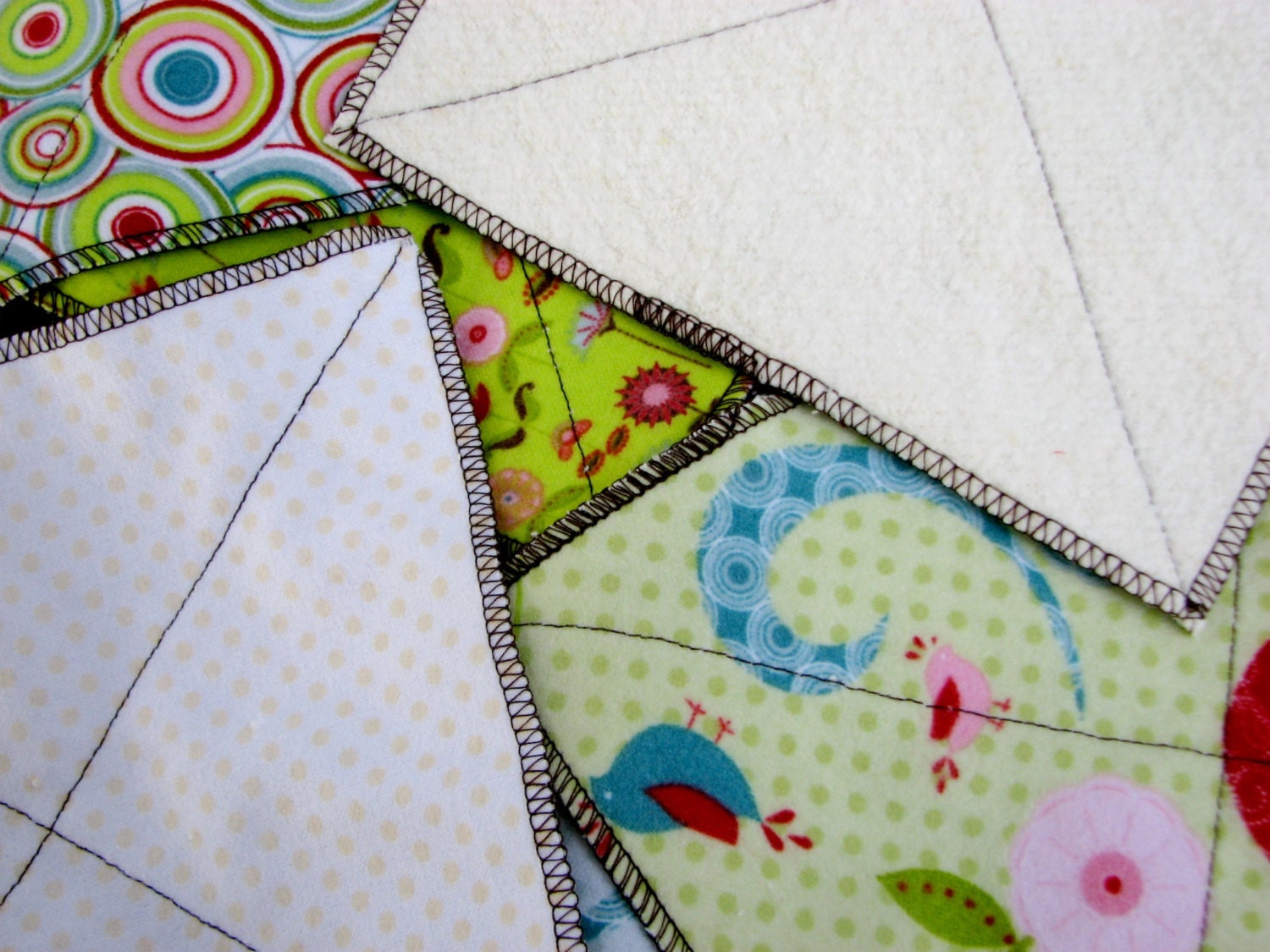 |
| Baby wipes or washcloths made from super absorbent Hemp/Cotton Fleece |
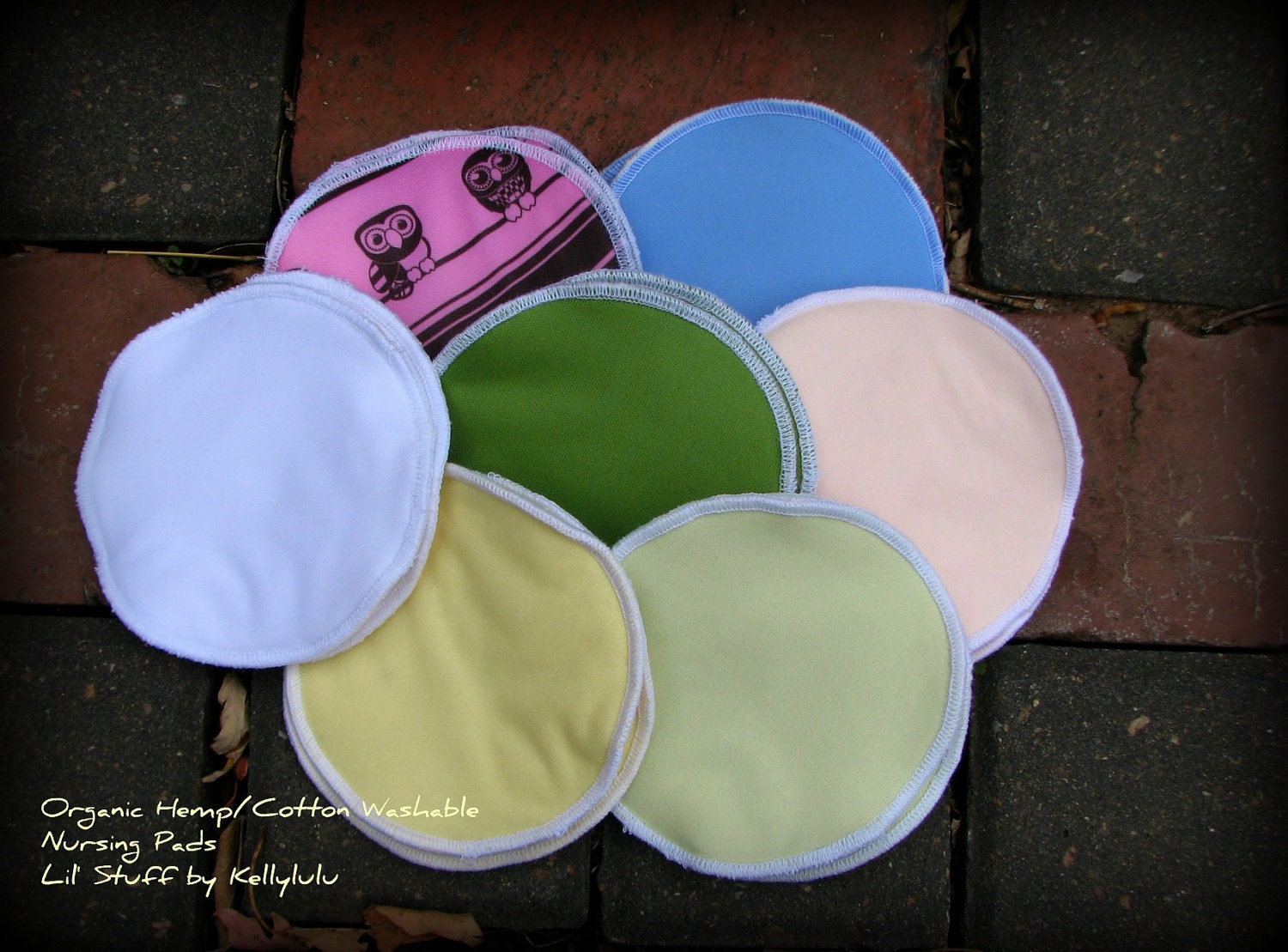 |
| Waterproof Nursing Pads with Organic Hemp/Cotton |
I use a hemp fleece that is blended with conventional cotton- it is a 55% hemp and 45% cotton blend knit made from certified organic cotton. Hemp is a great fabric for diapers, wipes or nursing pads as it is highly absorbent, naturally antimicrobial, and is quite durable wash after wash. The fleece is smooth on one side and brushed on the other just like your favorite sweatshirt. Stays soft wash after wash. I use and test this fabric myself, and it really does wash great and stay soft and fluffy wash after wash. These are some of the reasons I choose Hemp for my wipes and nursing pads....
For lots more information on the benefits of hemp fabric check out HempTraders.com
Subscribe to:
Posts (Atom)

